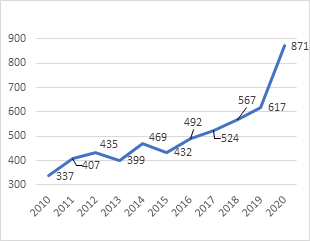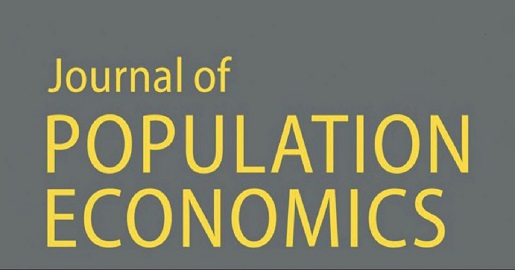A new paper published ONLINE FIRST with free READ ACCESS show that male scarcity (a decrease in the male-to-female sex ratio) induces an increase in the number and a decrease in the quality of children in a reasonable model framework and confirms this for post World War II Japan.
The Global Labor Organization (GLO) is an independent, non-partisan and non-governmental organization that functions as an international network and virtual platform to stimulate global research, debate and collaboration.
Consequences of war: Japan’s demographic transition and the marriage market
by Kota Ogasawara & Mizuki Komura
Published ONLINE FIRST 2021: Journal of Population Economics
FREE READ LINK: https://rdcu.be/ci5pw

Author Abstract: This study explores the effects of imbalances in the sex ratio on both the quantity and the quality of children, with a focus on changes in intra-household bargaining power. We first present a theoretical model of intra-household bargaining in the presence of conflicting family goals within a couple, and show that male scarcity (a decrease in the male-to-female sex ratio) induces an increase in the number of children and a decrease in the quality of children. Second, using the impact of World War II on the sex ratio as a quasi-natural experiment, we establish empirically that the decrease in the male-to-female sex ratio in World War II contributed to a smaller decline in fertility and child mortality rates in postwar Japan. In particular, the fertility rate would have fallen by an additional 12% and the child mortality rate by an additional 13% between 1948 and 1970 absent the decrease in the sex ratio.

EiC Report 2020
Journal of Population Economics
Access to the recently published Volume 34, Issue 2, April 2021.
Workshop presentation of key articles with full video.
LEAD ARTICLE OF ISSUE 2, 2021:
Measuring gender attitudes using list experiments
by M. Niaz Asadullah, Elisabetta De Cao, Fathema Zhura Khatoon, and Zahra Siddique
OPEN ACCESS: Free Readlink – Download PDF
Ends;

